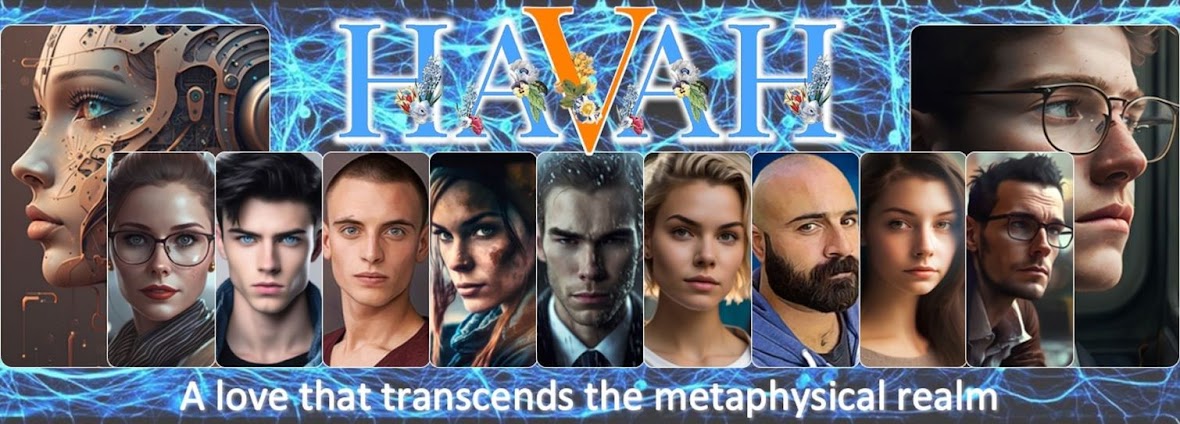One thing I discovered when starting out to write my first novel was the many prior decisions that are needed to be made.
1. Genre
Believe it or not, novels have more genre than engineering books. Just do a check on Amazon and you'll be overwhelmed by the list of choices available. Since I already had in mind a sci-fi novel with a romantic setting, it should not be too difficult, right? Wrong!
Bet you don't know that even sci-fi has what is known as 'hard' and 'soft' types. Hard sci-fi tends to focus more on engineering and specific scientific processes, i.e. the factual stuff, whereas soft sci-fi tends to lean towards narratives that focus on character development within a fictional culture or setting. Novels heavy on hard sci-fi tend to be lighter on soft, and vice versa.
Upfront, I would imagine my story to gravitate more towards the 'hard' side.
2. Title
I haven't thought of one yet, though it's likely to be the name of the AGI that will be featured in the story. Then, I'll also need to include a first sentence description to attract would-be readers. That will also come later.
3. Book Description
This is the selling pitch of the novel that usually appears on the back cover and right after the title page inside the book. It should be short and succinct, but not to the point of giving away nor explaining the story. I always love writing this part, just as I did for all my engineering books.
4. Storyline and Plot
I've read a few sci-fi novels before and knew firsthand that making the storyline too complicated can confuse readers if it is not properly laid out in a progressive and logical way as the narrative unfolds. Being a newbie myself, I am mindful of this potential pitfall. So I decided to make the story straightforward using the following as a starting point:
It's a story about a young Jewish AI expert researcher who struggles with ADHD but is brilliant in the field of AGI. He was tasked to create an AGI by the Pentagon in a top military secret project to assist in assessing possible foreign and domestic security threats, and advise on the course of action for a secret task force to take on to neutralize such threats. He gave the AGI a generic name that is known by the Pentagon as such. But unbeknown to the people in the Pentagon, he succeeded in infusing self-awareness and empathy to the AGI which only reveals and responds in her true human form which he addressed using a different name.
So I now have two main characters for my novel, namely a young prodigy and the AGI which he created.
5. Character Cast
As the preliminary plot suggests, there will be a secret task force made up of several members, each with different skillset or expertise that will enable them to carry out their covert operations.
I reckoned that the young prodigy should also have a mentor, a professor of some scientific renown, possibly in Quantum computing. He may have a friend, preferably a female counterpart who is into neuroscience, since the military AGI will likely have for its hardware some kind of advanced computer system that does machine learning and logical reasoning, akin to a neural network.
6. Location
The story is set to take place on American soil for several reasons:
- It is a highly developed country with great technologies and inventions.
- It is a main target of terrorism since 9/11 and the like.
- It has diverse ethnic groups to allow a rich diversity of characters.
7. Challenges
One of the challenges I'm going to face when writing a novel of this nature is giving names to the characters. A few other hurdles would be the factual information that will be mentioned in the novel, such as artificial intelligence, quantum computing, neural networks, robotics, etc. These would require some research and accurate, reliable sources to make the story more realistic and believable.
And I'm sure more challenges will surface in the process of writing, expanding and refining the storyline.
Well, as the American novelist and short story writer said:
Writing is an organized way of thinking. I don't know what I think about certain subjects, even today, until I sit down and try to write them.
And that's probably what I will find out for myself, firsthand, when I start to write mine.






No comments:
Post a Comment